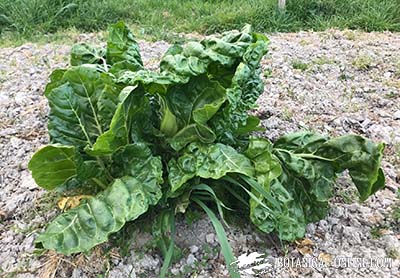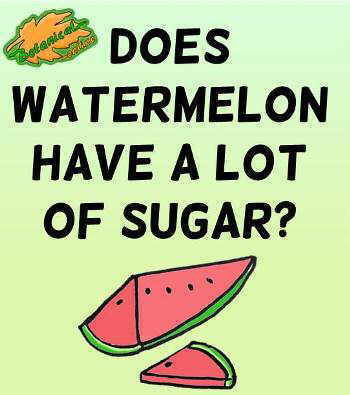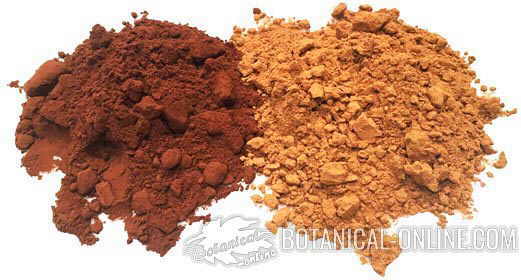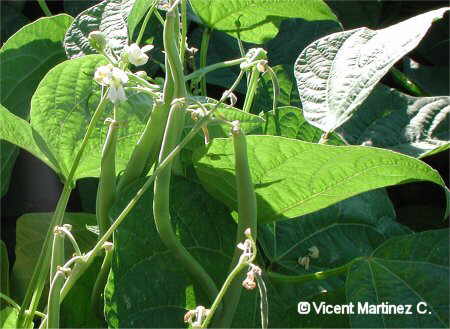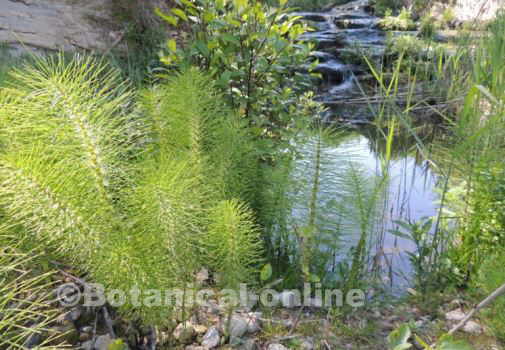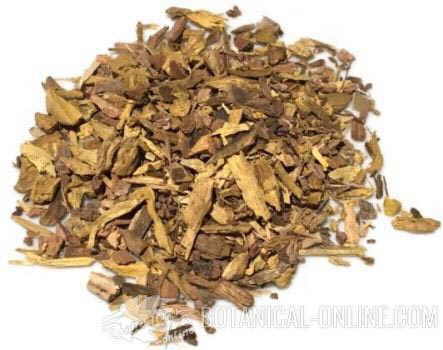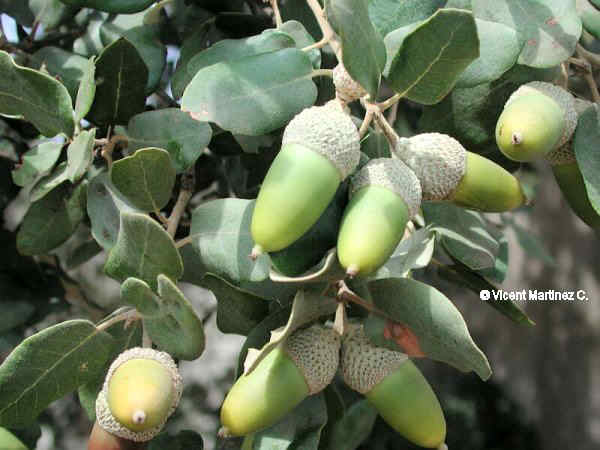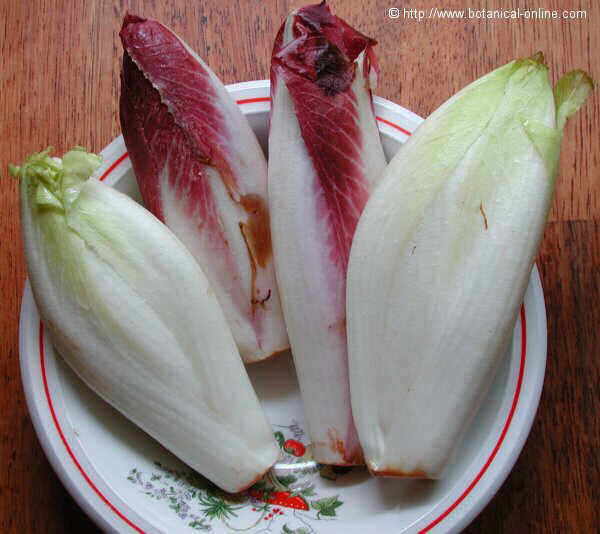Food with antioxidant properties in the Mediterranean diet
Sources of antioxidants in the Mediterranean diet
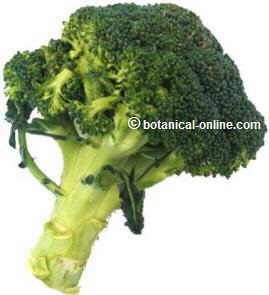
Broccoli is very present in the Mediterranean diet. It is very rich in glucosinolates, very strong antioxidants
The most important antioxidants that we can find in the mediterranean diet are the following:
- Glucosinolates are found in cruciferous vegetables such as cabbage, broccoli, cauliflower and arugula: with powerful antioxidant properties. They protect us against stomach cancer and colon cancer.
- Carrot, pumpkin, sweet potato and colored foods, a natural source of beta carotene, which helps protect the skin’s appearance and maintain the organism young.
- Tomato sauce has become a staple. Scientific studies have shown that tomato contains lycopene, an antioxidant component whose concentration increases during cooking. Simmered tomato sauce is a perfect recipe for an antiaging diet.
- Peppers, coming from the Americas, are vegetables rich in vitamin C, being a more important source than oranges or lemons.
- Wild plants are still common in some regions, such as mallow, borage or thistles. They contain a lot of antioxidants
- Onion and garlic consumption is inherited from ancient Babylon, where they were consumed in abundance. they have mucolytic and expectorant properties. They are present in all sauteed. They are rich in quercetin, a powerful antioxidant.
- Resveratrol is a natural antioxidant in wine, with anticancer and heart-healthy properties. However, wine should be taken in moderation due to its alcohol content.
* Related information:
– Sources of carbohydrates in a Mediterranean diet
– Sources of proteins in a Mediterranean diet
– Sources of fat in the Mediterranean diet
![]() More information on the Mediterranean diet.
More information on the Mediterranean diet.
This article was endorsed by Elisenda Carballido - Dietitian nutritionist. Postgraduate in Phytotherapy and master in Nutrition and Metabolism.

